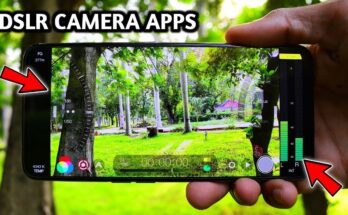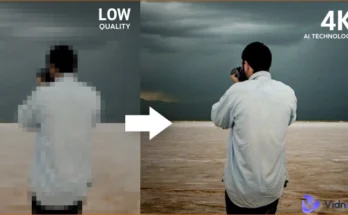Introduction to Voice Recording
In today’s digital age, the demand for high-quality voice recordings is higher than ever before. Whether you’re creating content for entertainment, education, or business purposes, the quality of your voice recording can significantly impact its effectiveness. Professional studio-like recordings not only sound more polished and professional but also captivate your audience’s attention.Setting Up Your Recording Space
One of the first steps to achieving studio-quality voice recordings is to set up an appropriate recording space. Choose a quiet room with minimal background noise, and consider investing in soundproofing materials to improve acoustics. Additionally, ensure your recording space is well-lit and comfortable to enhance your performance.Selecting the Right Microphone
Choosing the right microphone is crucial for capturing clear and accurate recordings. There are various types of microphones available, each with its own unique characteristics and applications. Consider factors such as microphone type, polar pattern, and frequency response when selecting the best microphone for your needs.Optimizing Recording Techniques
Proper recording techniques play a significant role in achieving studio-quality results. Pay attention to microphone positioning, maintaining a consistent distance and volume, and minimizing background noise during recording. Experiment with different techniques to find what works best for your voice and style.Understanding Recording Software
Familiarize yourself with recording software to take full advantage of its features and functionalities. Popular recording software offers a range of editing tools, effects, and plugins to enhance your recordings. Invest time in learning the basics of recording software to maximize your efficiency and productivity.Mastering the Art of Vocal Performance
In addition to technical skills, mastering the art of vocal performance is essential for creating captivating voice recordings. Practice breathing exercises, vocal warm-ups, and articulation techniques to improve your vocal delivery and clarity. Experiment with different styles and tones to find your unique voice.Post-Production Editing
After recording, take the time to edit and refine your recordings to ensure they meet professional standards. Basic editing techniques such as trimming, cutting, and adjusting levels can significantly improve the quality of your recordings. Explore advanced editing options such as adding effects and plugins to enhance the overall sound.Exporting and Sharing Your Recordings
Choose the right file format and quality settings when exporting your recordings to ensure compatibility and optimal playback. Consider sharing your recordings on various platforms such as social media, streaming services, and podcast directories to reach a wider audience. Engage with your audience and encourage feedback to improve your future recordings.Maintaining Consistency and Quality
Consistency is key to building a successful career in voice recording. Establish a regular recording schedule and stick to it to maintain momentum and discipline. Additionally, prioritize equipment maintenance and upgrades to ensure consistent quality in your recordings.Troubleshooting Common Issues
Despite your best efforts, you may encounter technical difficulties or performance anxiety during recording. Stay calm and focused, and troubleshoot any issues as they arise. Seek support from online communities and forums, and don’t hesitate to ask for help when needed.The Importance of Feedback and Improvement
Seek feedback from peers, mentors, and industry professionals to identify areas for improvement in your recordings. Embrace constructive criticism as an opportunity for growth and learning. Continuously seek out new techniques and strategies to refine your skills and stay ahead in the competitive industry.Staying Inspired and Creative
Maintaining creativity and inspiration is essential for producing engaging and original voice recordings. Explore different genres, styles, and formats to keep your content fresh and exciting. Collaborate with other creatives and share ideas to spark new creative avenues.Building Your Personal Brand
Your voice recordings are a reflection of your personal brand and identity in the industry. Develop a unique style and persona that sets you apart from others. Consistently deliver high-quality content that resonates with your audience and reinforces your brand image.Networking and Collaboration Opportunities
Networking with other professionals in the field can open up exciting collaboration opportunities and career prospects. Attend industry events, join online communities, and reach out to potential collaborators to expand your network. Collaborative projects allow you to leverage each other’s strengths and create impactful content together.Conclusion
Recording your voice like a studio requires a combination of technical expertise, creativity, and dedication. By following the tips and techniques outlined in this guide, you can elevate your voice recordings to professional studio-quality levels. Remember to continuously seek improvement, stay inspired, and share your unique voice with the world.Download now



